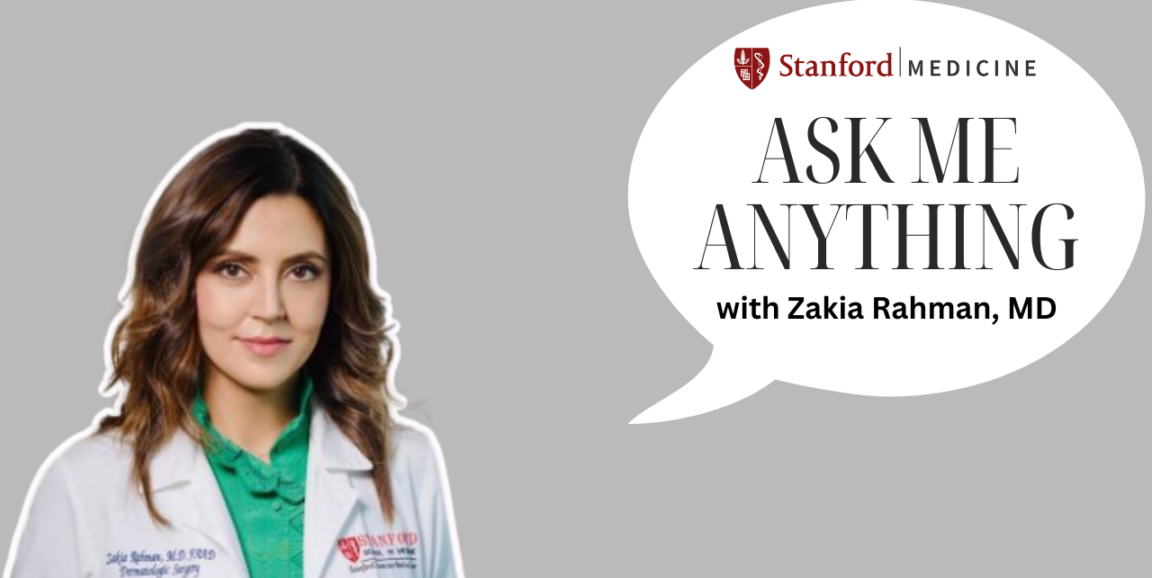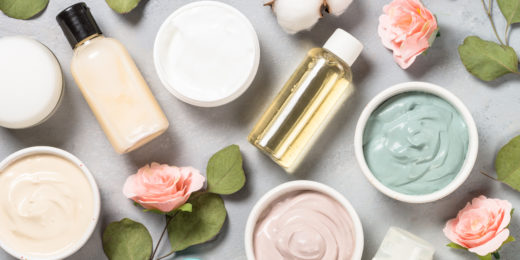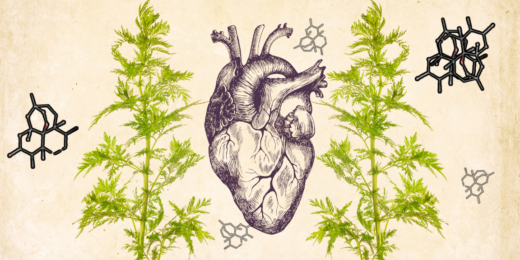In an Ask Me Anything, Stanford Medicine dermatologist Zakia Rahman, MD, answers questions about skin health: She provides tips for a healthy, glowing complexion; offers advice on skin cancer prevention; and describes how laser treatments heal skin.
Catch the recording of the live Ask Me Anything below:
This Q&A has been lightly edited for length and style.
Let's start with skin cancer -- are rates increasing or decreasing?
Skin cancer is the most common type of cancer in the United States, and its rates are increasing. Over about 10 years, the rate of melanoma has increased by about 27%. But the good news is that the rates of death from skin cancer are decreasing. Skin cancer is an example of how early screening, prevention and treatment really can change the trajectory of cancers.
What about skin cancer prevention? We always hear that you're supposed to slather on sunscreen.
If you've seen The Mandalorian you'll understand this reference: I'm not advocating for living in a cave or always having your face covered. This is not the way. There would be no life on earth without the sun; the sun is really important. We just have to protect ourselves. Make sure you wear sunscreen every day when you leave the house. I recommend wearing at least an SPF [sun protection factor] of 30.
Many skin care routines use retinoids to give people a more youthful glow. Can you talk more about that?
Retinoids are a personal favorite of mine and probably a lot of dermatologists'. Retinoids, derivatives of vitamin A, don't naturally occur in our body, but we can get them through our food. It turns out foods like carrots, broccoli and winter squash have a lot of beta carotene, which converts to retinol in the body. Those nutrients are good for us. There was an interesting study published in 2014 that took people's pictures. Some people had eaten a diet rich in beta carotene, and some hadn't. Independent reviewers not only said the people who ate more beta carotene looked more youthful, but more attractive. People can't see how healthy we are on the inside -- but it turns out that what's good for us on the inside also makes us more attractive.
In addition, there are topical retinoids that we can apply. There are over-the-counter varieties (such as adapalene), and prescriptions retinoids are available. Both are effective for increasing collagen production and reducing wrinkles.
What about side effects of topical retinoids?
Retinols and retinoids [both derivatives of vitamin A] increase cell turnover, so initially we often see a lot of flaking of the skin. However, if you continue to use retinoids, those negative side effects subside while the positive effects remain. I just try to hold people's hands while they're going through it -- making sure they're moisturizing and starting use of retinols slowly.
One size does not fit all -- youthful skin may need a different routine than mature skin. Can you give us tips for both?
It's important to have a personalized regimen. Younger people have skin that tends to be oilier. Retinoids work well to combat this, as they help control production of the oil-producing glands.
For mature skin, sun protection is the most critical part of a routine. We use a little trick with our patients -- we dermatologists have found that people are more motivated to use sun protection for prevention of premature aging than for skin cancer. And sun protection is the best thing you can do to prevent aging of the skin. For mature skin I'd suggest using a gentle cleanser twice a day, then applying a moisturizer with hyaluronic acid, and finally use a product with dimethicone, which is sort of like a sealant on top of our skin. In the morning, you can add a vitamin C serum, which is a potent antioxidant. Of course, don't forget the sunscreen! At night, add a retinoid.
What about parabens in skin care? Are they harmful?
We're seeing more and more data, particularly looking at things like sperm counts and sperm vitality, that shows that parabens [chemicals used to preserve cosmetic products] and other chemicals and ingredients like bisphenol A (BPA) disrupt our endocrine system. It's tough because it's almost impossible to avoid these, particularly in sunscreens. I recommend using physical blockers with titanium or zinc oxide, which overall are safer to use. That's particularly important for young children and pregnant people.
Can you talk about the use of light in skin therapies?
My area of passion and expertise is lasers. We see a lot of patients who have conditions for whom we can use light in a beneficial way, specifically for pigment disorders such as hyperpigmentation, from inflammation, acne or melasma, which are spots or patches of skin that are darker than the rest of the face.
Human cells can take up red light and convert it to energy, which helps reduce inflammation and rejuvenates our cells' mitochondria. We use powerful lasers at high settings to destroy or shrink blood vessels to treat conditions like rosacea. But with low-to-moderate levels you can also stimulate the cells' energy production.
And yes, there are hundreds of at-home devices out there, but many don't have clearance from the Food and Drug Administration, so proceed with caution.
How do you treat acne scarring?
Acne scars, like cancer prevalence, have racial and ethnic differences. For instance, Asian, African American and Hispanic patients tend to have deeper inflammation, and when you have deeper inflammation, you're more likely to get scarring from your acne. When I see that a patient is starting to get scarring from acne, I have a low threshold for treating with an oral retinoid called isotretinoin. That doesn't mean it should be taken without caution -- it can absolutely cause devastating birth defects -- so it should not be taken at all during pregnancy. But in the right situation, it can really change the course of acne to prevent scarring.
Your skin is gorgeous -- what's your skin care routine?
I try to keep it simple, under five minutes. First, I cleanse -- I wash my face twice daily. I have a gentle cleanser that I use -- my skin tends to be a bit oily, so I use a foam-based cleanser. But if my skin was dry, I could use a cleanser that's non-foaming. Then I use a hyaluronic acid serum and I put that on my chest, my neck and my face. Then I use a vitamin C serum. And then the last step is sunscreen.
What is your one tip -- your one piece of advice -- for healthy skin?
True beauty is an inside job. Focus on the things that make you happy, the things that bring you joy and meaning in life. All the other stuff is a bonus.
Photo by IRINA
For more Ask Me Anything content, visit our related Scope stories.






